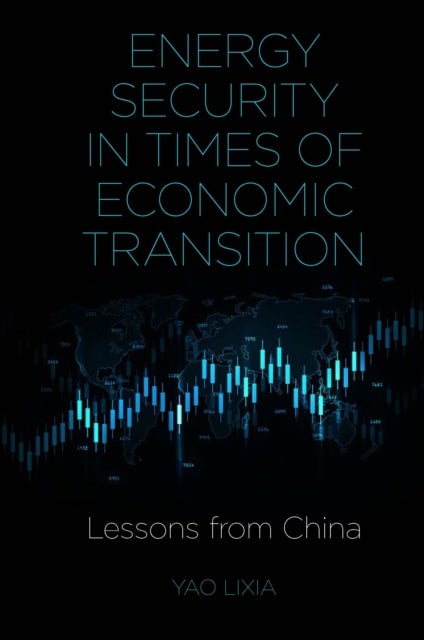
Energy Security in Times of Economic Transition av Yao (National University of Singapore Singapore) Lixia
1039,-
As China has shifted from a planned to a market-oriented economy, it has adjusted its energy policies accordingly. As a result, the Chinese energy industry has now gone through more than seventy years of transformation. Yet to date no single work has sought to assess the key factors driving these changes and their effects on China¿s energy security, even though such questions have implications for assessments of the world¿s energy security. <div><br></div><div><i>Energy Security in Times of Economic Transition</i> addresses this gap. Juxtaposing a domestic perspective with a wider, pan-energy-industry view, Yao Lixia explores trends in the evolution of China¿s energy policy since its inception in 1949 and discusses the relations between policy changes and macroeconomic reforms. Then, by employing a new, ground-breaking quantitative framework for evaluating energy security, Yao crucially shows that macroeconomic reform did not improve China¿s energy security over the first three decades








